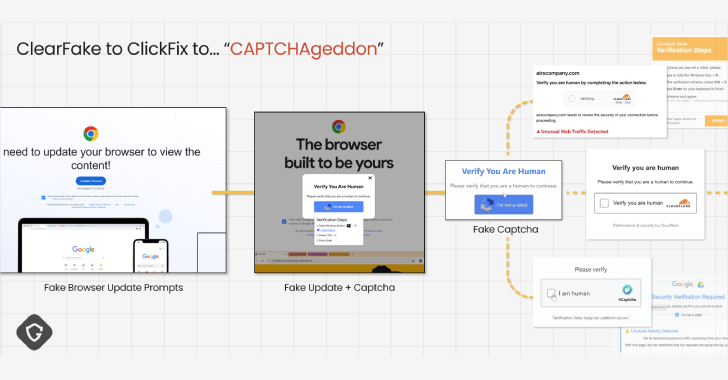
10 Facts About GDPR Compliance
With the rise of technology and the increasing concerns about data privacy, the General Data Protection Regulation (GDPR) was enacted by the European Union in 2018 to regulate the collection, storage, and processing of personal data. GDPR compliance has become essential for businesses operating within the EU or handling EU citizens’ data. In this article, we will explore 10 key facts about GDPR compliance that every business needs to know.
- Wide-reaching Impact: The GDPR applies not only to businesses established within the EU but also to organizations outside the EU that offer goods or services to EU citizens or monitor their behavior. Therefore, even if your business is based outside the EU, you may still need to comply with GDPR regulations.
- Enhanced Rights for Individuals: GDPR aims to strengthen individuals’ data protection rights. It grants individuals the right to access, rectify, and erase their personal data, restrict its processing, and object to automated decision-making. Consequently, businesses must be transparent about how they handle personal data and ensure that individuals can exercise their rights easily.
- Consent Matters: GDPR sets a higher standard for obtaining consent. Consent must be freely given, specific, informed, and unambiguous, indicated by a clear affirmative action from the individual. Pre-ticked boxes or assumed consent will no longer suffice, and individuals have the right to withdraw consent at any time.
- Data Breach Notification: Under GDPR, businesses must report personal data breaches to the relevant supervisory authority within 72 hours of becoming aware of the breach. If the breach is likely to result in a risk to individuals’ rights and freedoms, affected individuals must also be notified without undue delay. This emphasizes the importance of robust security measures and rapid incident response plans.
- Data Protection Officer: Certain organizations must appoint a Data Protection Officer (DPO) to oversee GDPR compliance. These include public authorities, organizations whose core activities involve large-scale monitoring, or processing of sensitive personal data. A DPO ensures companies adhere to GDPR requirements, acts as a point of contact for individuals, and liaises with the supervisory authority.
- Privacy Impact Assessments: When processing personal data is likely to result in a high risk to individuals’ rights and freedoms, businesses must conduct a Privacy Impact Assessment (PIA). This assessment helps identify and minimize privacy risks, ensuring that privacy considerations are integrated into any new projects or systems.
- International Data Transfers: GDPR imposes restrictions on transferring personal data outside the EU to countries without adequate data protection. Adequacy decisions by the European Commission, standard contractual clauses, or binding corporate rules are accepted mechanisms to ensure lawful international data transfers. Without compliance to these mechanisms, businesses may face severe penalties.
- Independent Supervisory Authorities: Each EU member state has a supervisory authority responsible for monitoring and enforcing GDPR compliance. These authorities have investigative powers, can issue fines, and play a crucial role in maintaining data protection standards. Businesses must collaborate with supervisory authorities and comply with their instructions during investigations or audits.
- Fines and Penalties: Non-compliance with GDPR can lead to significant financial penalties. The maximum fine can be up to 4% of annual global turnover or €20 million, whichever is higher. However, supervisory authorities consider various factors, such as the nature and severity of the breach, before imposing fines. Regular compliance audits and prompt remedial actions are essential to avoid severe penalties.
- Ongoing Compliance Efforts: GDPR compliance is not a one-time task but an ongoing effort. Businesses must regularly review and update their data protection policies and procedures, train employees on data protection practices, conduct internal audits, and continuously assess their data processing activities to ensure compliance.
In conclusion, GDPR compliance has transformed the way businesses handle personal data. Organizations need to understand the broad scope and implications of GDPR to protect individuals’ rights and avoid hefty fines. By adhering to GDPR principles, businesses can build trust with their customers and demonstrate their commitment to data privacy in this digital age.
Contact Cyber Defense Advisors to learn more about our GDPR Compliance solutions.





